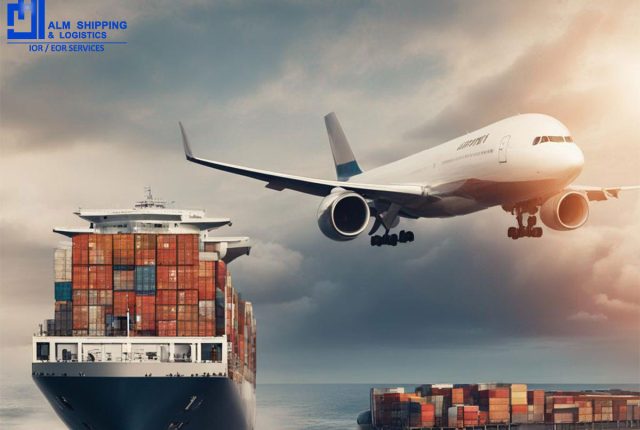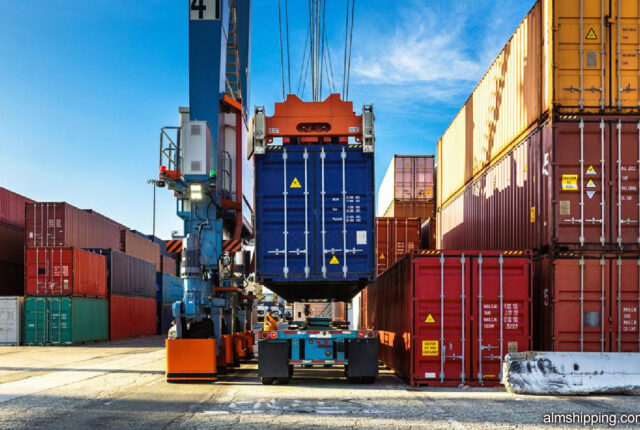
Navigating FMCG Logistics: Unveiling the Latest Trends
Fast-moving consumer goods (FMCG) industry logistics are in a perpetual state of change, reflecting the industry’s own dynamism. This article examines five innovative trends in FMCG logistics and discusses their impact.

E-commerce’s Skyrocketing Growth
The FMCG logistics industry has undergone significant changes as a result of the quick growth of e-commerce. Considering how popular online shopping is becoming, quick and effective product delivery is essential. The investigation of novel logistical approaches, such as immediate delivery and drone-assisted dispatch, is being driven by this growing need.
Using analytics with big data
Big data and analytics’ strategic application is having a significant impact on FMCG logistics. Utilizing data, businesses may optimize transportation routes, streamline inventory management, and proactively spot possible bottlenecks. With the help of this strategic insight, firms may improve their decision-making procedures, which ultimately improves operational effectiveness and increases profitability.
Advancement of Automation
A key trend that is altering FMCG logistics is automation. When it comes to everything from order selection and packaging to truck loading and unloading as well as real-time inventory tracking, robotics and automated technologies have taken on crucial responsibilities. Precision and efficiency increase thanks to automation, freeing up the staff to focus their attention on tasks that bring value.
Sustainable Initiatives that are thriving
The growing awareness of sustainability is having a big impact on the FMCG industry. Businesses are fervently looking for ways to reduce their environmental impact, which is fueling the need for environmentally friendly logistics solutions. Electric vehicles, renewable energy sources, and investments in recyclable or biodegradable packaging materials are all examples of this.
Partnership Synergy
Collaboration is a key theme in the unfolding story of FMCG logistics. To maximize their logistical efforts, businesses are forming alliances with a variety of organizations. This could mean collaborating with shops to innovate delivery methods or forming resource-sharing relationships with transportation companies. Such alliances promote huge cost savings and operational effectiveness.






Leave a Reply